Published
- 02:00 am
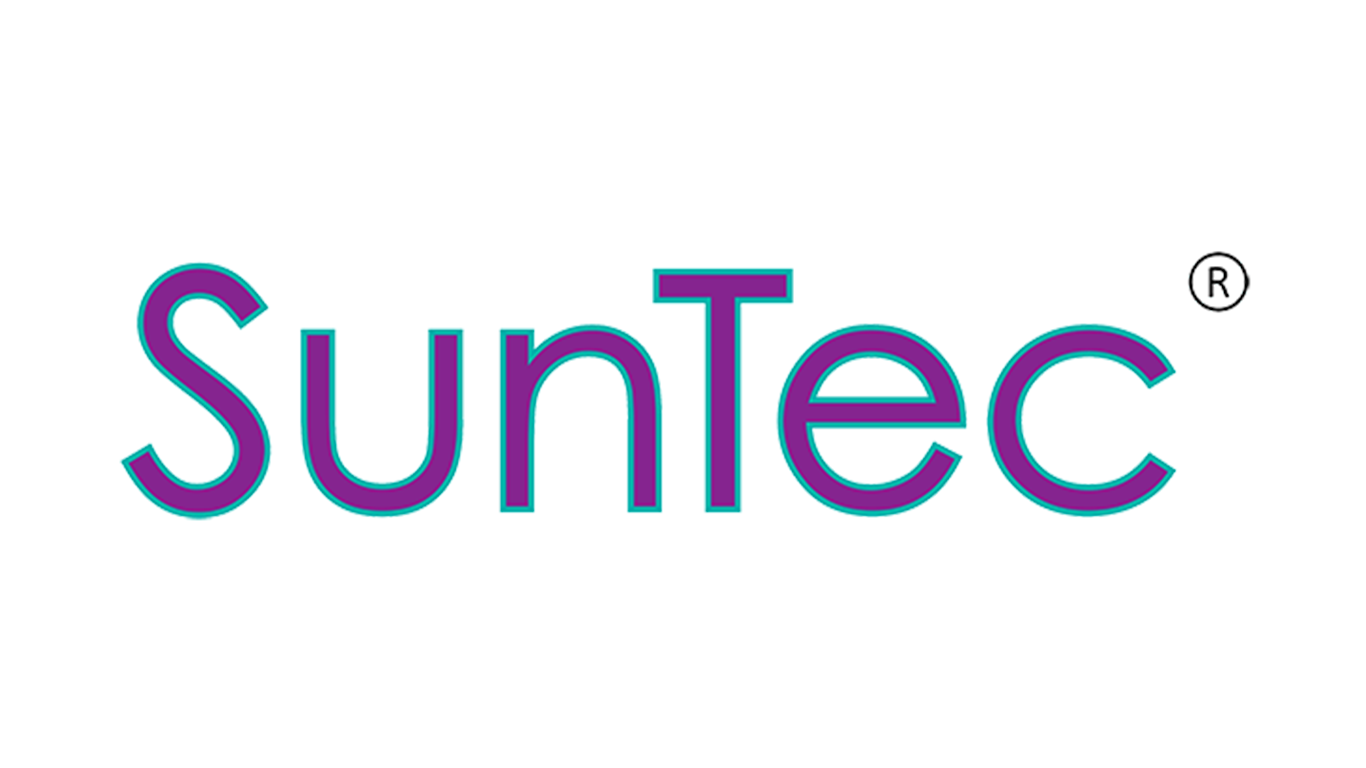
SunTec Business Solutions, the world’s #1 relationship-based pricing and billing company, in association with Arizent Research and American Banker, today released a whitepaper titled ‘It’s time to reinvent account analysis’. As per the study, conducted between December 2022 and January 2023, U.S. banks are struggling to effectively meet the needs of their commercial clients. 97% of banks are looking at addressing market pressures to improve corporate banking services across pricing for corporate banking services, monetizing API connections, and offering BaaS solutions, to name a few.
According to the whitepaper, six-in-10 banks see account analysis as merely a billing statement, severely underestimating its possibilities. While 60% of banks cite real-time account balance information as a crucial service to corporate customers, only 41% of them fully meet client needs in this regard. This finding underlines the challenge that corporate banking customers face and those that banks are addressing.
Other key findings from the survey include:
- Nearly half (49%) see error-free billing as an important essential service, but only 41% deliver fully on it.
- Accurate cash flow forecasting was deemed necessary by 49%.
- 46% mentioned transparency being of importance to them.
- Nearly half (46%) don’t necessarily even see their current account analysis process as antiquated.
The survey calls out ways in which banks are managing evolving market demands:
- 47% are adjusting pricing for corporate banking services to be more competitive.
- 46% are offering Green-ECR/Carbon offset/ESG features to account analysis.
- 45% are enhancing their account analysis statement presentation.
One option that could help banks substantially improve their corporate offerings may well be flying under the radar. Nearly half (45%) of banks agree that their account analysis function is frustrating for corporate users. Those in operations roles—who encounter commercial users on a regular basis—are substantially more likely (68%) to see account analysis as frustrating to clients than those in sales (33%) or product (29%) roles. Nevertheless, the account analysis function has not been a particularly high priority for banks’ modernization efforts. More than one-in-three banks say modernization of account analysis lags their other processes.
The report also calls out the key benefits of having a connected and efficient account analysis process and how it would unlock a range of opportunities for commercial banks:
- Controlling revenue leakage at onboarding and renewal
- Ensuring efficient partner ecosystem management
- Access to single account with virtual sub-ledgers
- Offering hybrid interest accounts
Commenting on the findings, Nanda Kumar, Founder & CEO, SunTec said, “Account Analysis cannot be overlooked as just a pedestrian billing or reporting solution. It holds significant strategic importance and value for the banking industry, especially as Corporate Treasury teams seek better ways to manage cash across multiple banks and jurisdictions. Through this report, we highlight the possibilities available for banking simply by modernizing account analysis.”
The survey covered 100 business banking professionals, which brought forward insights that can benefit commercial banks and their customers. Through these insights, the opportunities associated with account analysis unlock a range of opportunities for commercial banks—and given the extent to which the process has languished, more are likely to arise as banks finally discover the benefits of upgrading.
Related News
- 03:00 am

The crypto lending business model has come under intense scrutiny following a spate of recent credit events. Credora is helping rebuild confidence in credit markets through transparency, and today the lending infrastructure provider announced a $6m strategic funding round with S&P Global and Coinbase Ventures as major investors. The funding will be used to further build institutional rails for credit, and enhance Credora’s private computation technology that helps accurately underwrite and monitor borrowers.
Information asymmetry has been one of the root causes of recent credit events like Three Arrows Capital and Alameda, with borrowers unwilling to share sensitive information and lenders forced to rely on reputation and relationships when extending credit. The other major issue that plagued crypto credit markets was the crumbling of centralized lenders. Billions of dollars of client capital were lost due to opaque principal lending models (Genesis, BlockFi, Celsius, Voyager).
Darshan Vaidya, CEO of Credora commented, “Credora solves the information asymmetry problem by using private computation techniques on real-time data, ensuring borrowers continuously validate their creditworthiness while maintaining the privacy of their sensitive information. Credora’s technology helps create more transparent and open lending markets built on robust underwriting standards.”
Founded in 2019, Credora provides lending infrastructure and systematic credit ratings for private credit markets. It utilizes privacy-preserving technology to improve lenders’ ability to properly evaluate credit risk in real-time. Credora has facilitated over $1B in loans across various borrower types.
This strategic funding round also included participation from Spartan, Amber Group, CMT Digital, Hashkey, GSR, KuCoin Ventures, Paradigm.co, Pirata Capital, Breed VC, and WAGMI Ventures. With this announcement, Credora has raised over $16m in venture funding to date from notable investors, including Coinshares, DCG, Gemini Frontier Fund, Polychain, Primitive Ventures, and XBTO.
"We're delighted to have support for our mission to make credit markets more transparent and efficient, and will continue working with our partners to drive responsible data-driven lending,” said Darshan Vaidya, CEO of Credora. “Adding S&P Global as an investor strengthens our belief that privacy-preserving technology can revolutionize credit underwriting and risk monitoring.”
Charles Mounts, Chief DeFi Officer, S&P Global Ratings commented, “We are thrilled to engage in the credit DeFi ecosystem through our investment in Credora and believe the company is well positioned to be leaders in this space due to their innovative approach and utilization of technology.”
Related News
- 08:00 am
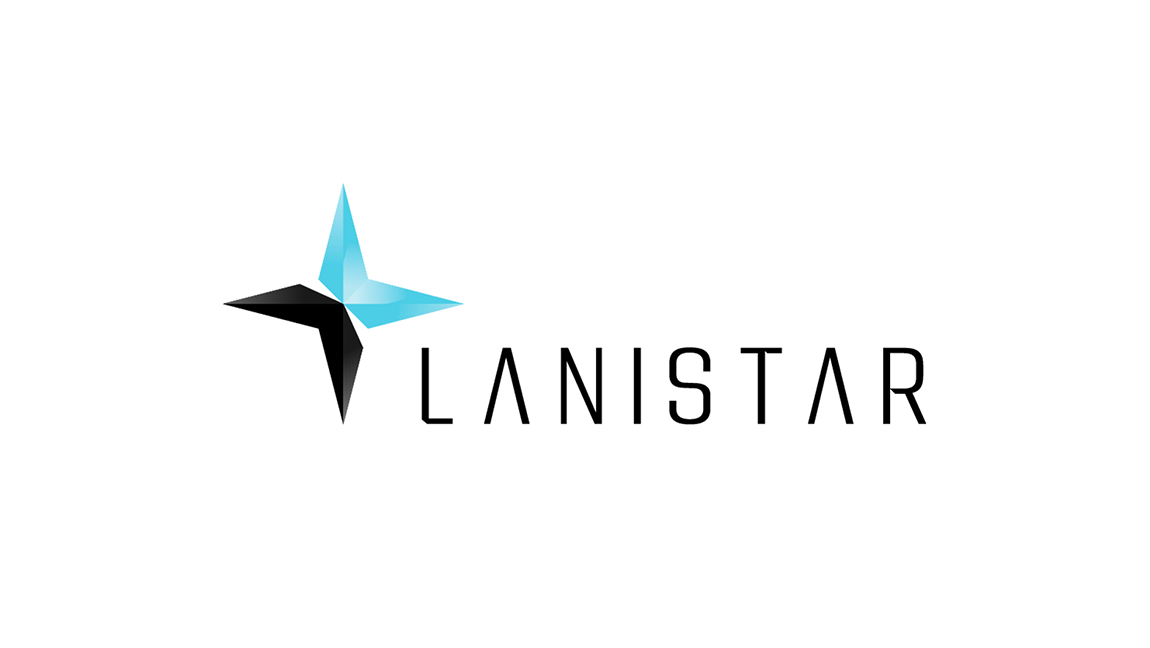
The adoption of card payment acceptance by smartphone apps is transforming how payments are processed. Mobile payments not only benefit retailer-customer relations but open up business opportunities to innovations such as click-and-collect and mobile wallets with integrated loyalty. This is according to virtual payment card provider Lanistar.
Jeremy Baber, CEO of Lanistar said: “With smartphone technologies continuing to advance, businesses can process card payments through apps to improve efficiencies and streamline sales. Merchants should consider accepting card payments on a mobile device to allow customers to pay from any location. Mobile payments not only reduce expenses but increase data security which is instrumental to business success.”
Businesses can choose from a variety of methods of mobile payments, including cloud terminals that process transactions through a web-based application, scanning app-generated QR codes and sending payment links directly to customers that leads to transaction web pages. SoftPos a new revolutionary technology also bypasses the need for external card readers by using NFC technology on smartphones to read cards and accept payments.
Baber continued: “Payments accepted through smartphones are the future of transactions provided that proper regulations and compliance are in place. However, due to its restricted availability, it is crucial to choose the app wisely. Merchants must select a reputable service provider with a reliable track record, with regular updates being the top priority.”
Accepting payments through mobile apps provides a host of benefits, including reducing costs by eliminating external hardware and cumbersome payment infrastructures, and increasing sales thanks to the reduced complexity of processes. Merchants are also more secure, with payment app developers continuously introducing fraud-prevention tools to enhance safety.
Baber concluded: “New mobile payment tools allow organisations to analyse financial behaviour providing data-based knowledge to establish business strengths. Furthermore, accepting phone payments is a sustainable and green option, eliminating the need for extensive hardware and the need for printing receipts and transaction records.”
“Mobile payment acceptance is the future and will help satisfy a new generation of customers with smooth payment experiences. Mobile devices are transforming where we can do business, with new processes allowing businesses to accept payments from any location. Organisations need to adapt to change as the benefits speak for themselves.”
Related News
- 07:00 am
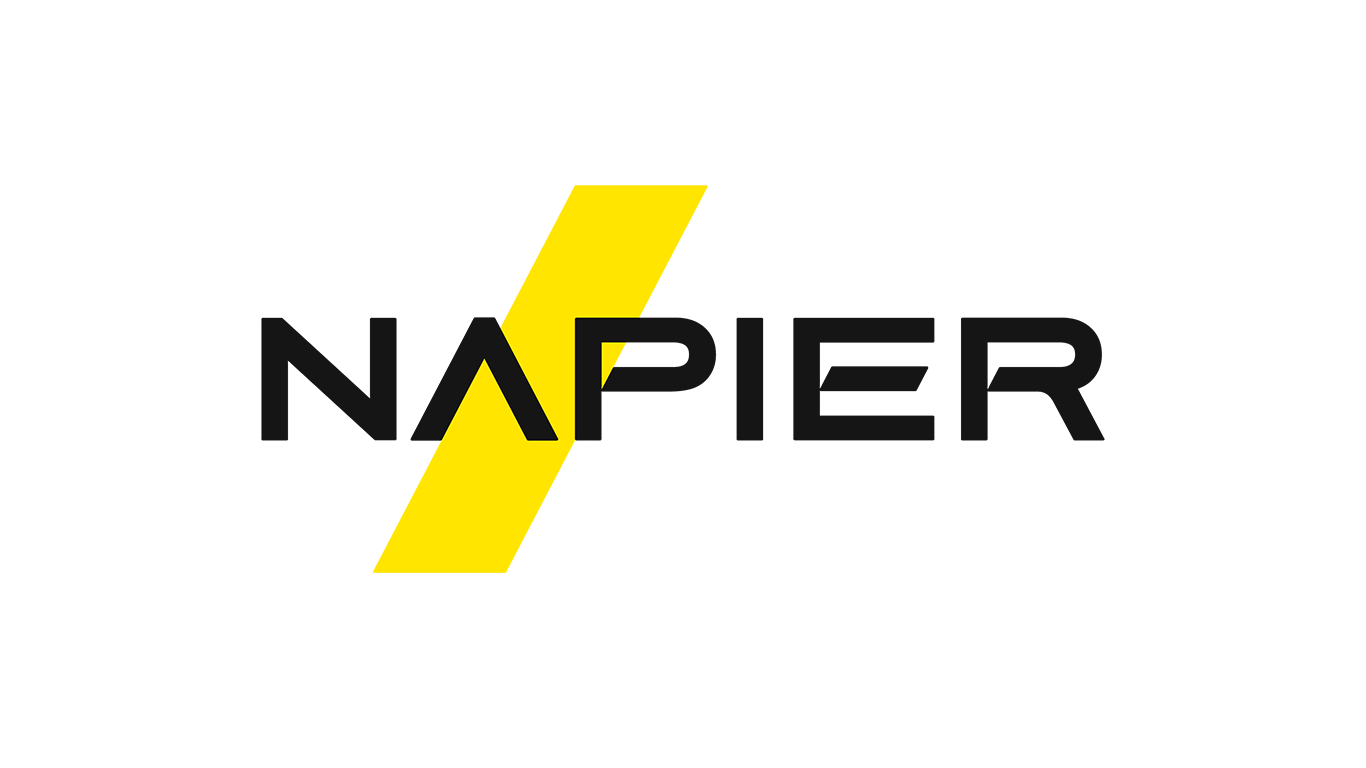
Global AML technology specialist Napier has appointed French native Charles Duport in a move designed to better serve its existing and new customers in France, Benelux and Switzerland. Duport joins with a decade of experience in the anti-financial crime solutions market.
“Having worked with some great, forward-thinking fintech specialists, I joined Napier because of the superiority of its product,” says Duport. “I am hugely impressed by the five key benefits it delivers – modularity, so that customers can fill gaps rather than having to rip and replace; a 360-degree view of risk, de-siloing data and delivering a full and accurate picture; the flexibility of its deployment; its use of smart, explainable AI; and its sheer usability. The design and development team have responded to regulatory requirements and industry challenges experienced by AML compliance teams regardless of financial institutions’ size or sector. Both the point solutions and the end-to-end platform are truly market leading.”
The French-speaking market, with its plethora of domestic and international banks, and some of the largest global payments, asset management, wealth management and asset servicing businesses, is an important growth market for Napier, which has specifically developed its flexible point solutions to respond to the ever-changing regulatory demands imposed on these organisations.
“Financial institutions in France, Benelux and Switzerland are seeing the same pressures as firms elsewhere in Europe, with the need for agility of response now front-
and-centre in compliance,” adds Duport. “Napier’s no-code approach and integrated sandbox puts control into the hands of its users, driving down cost while improving effectiveness. In live environments, Napier’s Client Screening solution has reduced false positives by up to 97% - a huge win for hard-pressed compliance teams.”
“Our partnership with Refinitiv (an LSEG business) has demonstrated the appetite for flexible, user friendly and cutting
-edge solutions in French speaking Europe,” adds Napier CEO Greg Watson. “Bringing Charles on board is a clear signal of our commitment to serving clients in France, Benelux and Switzerland in a responsive and highly bespoke manner.”
Napier is trusted by financial institutions, including tier-one banks, asset managers, insurance firms, and other regulated organisations globally, to provide advanced financial crime compliance technology that achieves a continuous and holistic view of risk.
Related News
- 02:00 am
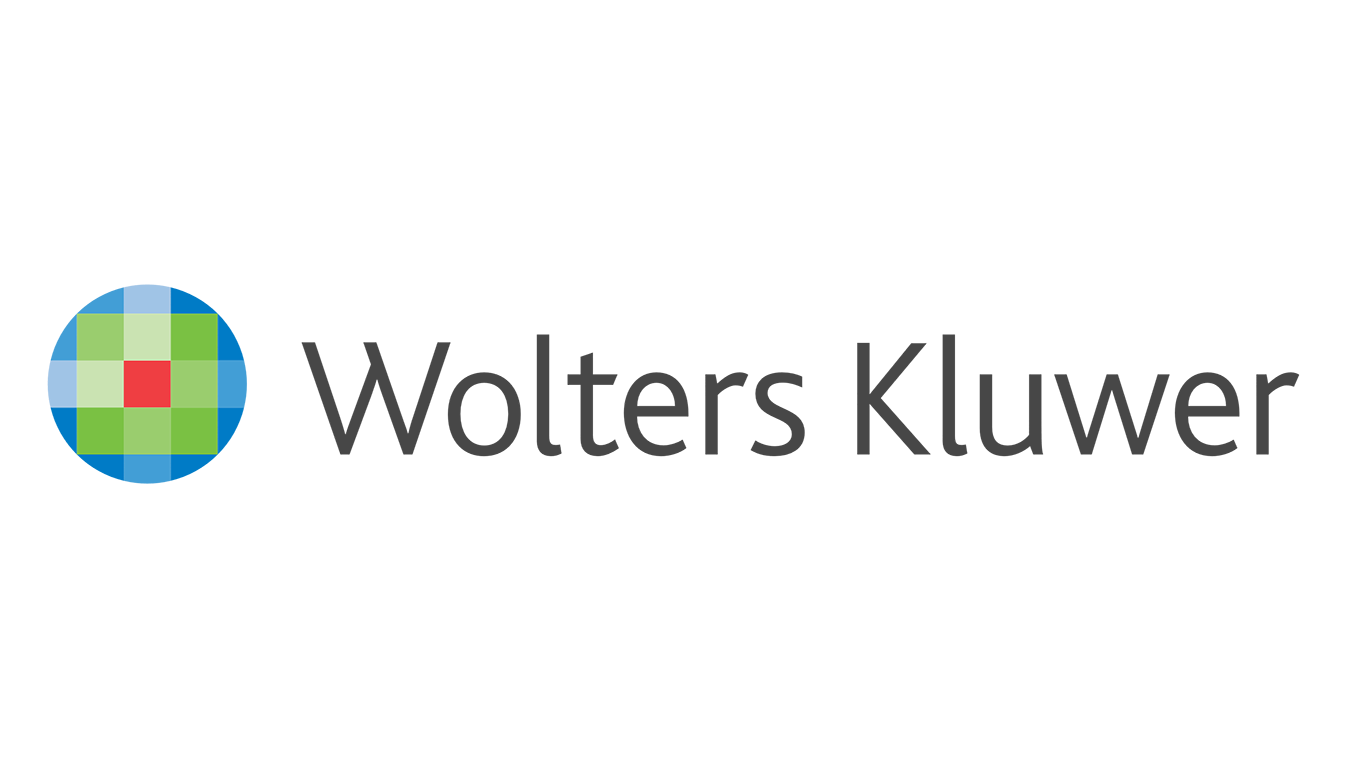
In the light of recent banking sector turmoil, Wolters Kluwer Finance, Risk & Regulatory Reporting (FRR) has recommended that banks take decisive and proactive decisions based on a comprehensive understanding of exposures, impacts and possible scenario outcomes. That’s according to its new whitepaper, “Integrating Pillars 1, 2 and 3: A Better Way to Basel IV.”
Basel IV impacts all risks with an element of interdependency. “The demands of Basel IV in the treatment of each risk – the increased calculations required, additional types of calculations and analysis, and at greater degrees of granularity – are bound to be more puzzling, indeed, especially for banks that have not made the proper adjustments to their organizational and technological architecture,” says Xavier Dubois, Director, Product Management, Wolters Kluwer FRR.
While the Basel deadlines and risk and reporting requirements vary by region and jurisdiction, there has been consistency among the frameworks to make implementation and compliance easier, experts at Wolters Kluwer FRR say. Furthermore, Basel practices will have to fit within existing supervisory architecture. For example, European institutions face more rigorous implementation challenges than their global peers as they must contend with a broad array of regulatory obligations in addition to Basel IV/CRR3 — well intended to guard and protect the ecosystem from procyclical excesses. In other instances, Basel standards are not mandated for institutions of a certain asset size, and such an approach has not been pleasant either.
“An enterprise solution that uses a common data source for all operations… [that] integrates both internal and regulatory metrics, enhancing insights and enriching each other, instead of challenging each other’s accuracy and meaningfulness — will enhance the consistency and efficiency of banks’ regulatory processes, demanding fewer resources and allowing smoother navigation through a highly regulated, competitive and ever-evolving financial system,” Dubois concludes.
Basel IV and its principles of proportionality and interdependency, and all of the frameworks and requirements derived from them, call for a comprehensive, holistic approach to organization, operation and data, the company says.
And the implementation challenges only reinforce this idea. “Yet too many institutions continue to use atomized methods, maintaining independently acting silos for particular departments, or for discrete pieces of risk and performance, Dubois adds. Be it compliance work and reporting of Pillar 1 data, handling Pillar 2 stress testing and capital planning or Pillar 3 data disclosures, all are different facets of the same risk management function and should be consistent,” the company adds.
This is where banks globally leverage OneSumX for Basel — a sophisticated software solution to manage the entire process from data integrity and lineage, through to finance and risk management and into regulatory calculators and reporting.
Wolters Kluwer FRR, which is part of the company’s newly formed Corporate Performance & ESG division, is a global market leader in the provision of integrated regulatory compliance and reporting solutions. It supports regulated financial institutions in meeting their obligations to external regulators and their own board of directors.
Related News
- 09:00 am
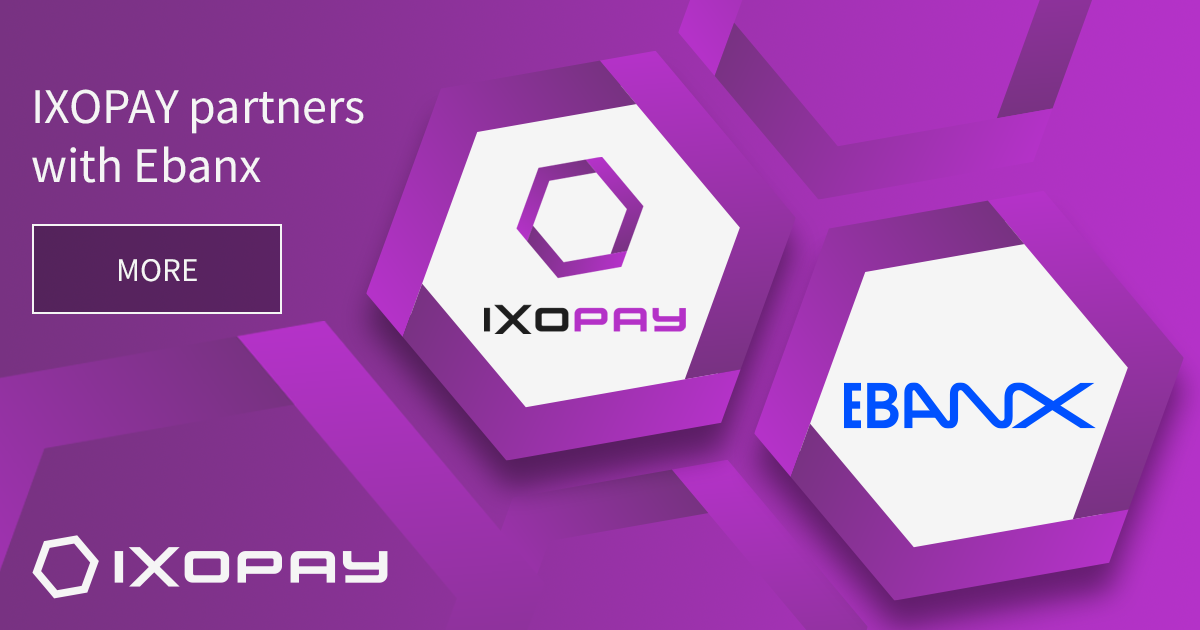
IXOPAY, a leading independent payment orchestration provider, and EBANX, a fintech company specializing in international payments in emerging markets, have announced a partnership. The partnership will focus on providing global brands with access to local payment solutions and offering local payment methods to consumers, starting with the Latin America region.
The main goals of the partnership are to improve accessibility to new regions and to facilitate growth for international merchants. IXOPAY’s agnostic payment orchestration platform provides the basis for flexible payment stacks, connecting its clients to multiple payment providers and payment methods via a single API. By joining forces with EBANX, this will extend the ability to accept local cards in Brazil, Mexico, Argentina, Columbia, Chile and Uruguay.
Central and South America are the fastest-growing regions of digital buyers worldwide and will continue to grow through 2025, with an annual growth rate 2.5 times that of North America, according to the latest EBANX Beyond Borders study. With these rising consumer numbers, digital payments have become more and more relevant, providing access to a huge range of products and services in the digital space.
"Through this partnership, EBANX helps IXOPAY offer its global customers access to localized payments to meet the particularities of digital commerce in the largest economies in Latin America. Localized payments methods are critical to achieving the best results with consumers in rising markets. We are thrilled to be working together with IXOPAY in our mission to promote access through payments", said Gregory Cornwell, VP of Global Channels and Business Development at EBANX.
The high demand for digital services stems from a young and connected population, who are once again driving innovation in the payment industry. Latin America is one of the world's most innovative regions when it comes to payments, laying the foundation for digital revolutions in account-based transfers, e-wallets and cash-based vouchers. Forecasts for the region predict growth in alternative, instant and mobile payment methods, with the use of credit cards still leading with a 28% market share.
“Our partnership with EBANX is a success for both enterprises, and most importantly our global clients. The agnostic nature of IXOPAY has proven to be a breeding ground for innovation in the past. It goes in line with consumer’s demands for flexible, instant payment services, which at the same time provide the highest level of data security. We are delighted to be able to extend IXOPAY’s reach in Latin America and to provide independence and choice to its businesses and customers”, said Adam Vissing, VP Sales and Business Development at IXOPAY.
Related News
- 07:00 am

The Financial Times has named Biz2Credit and affiliate Biz2X to its Americas’ Fastest Growing Companies of 2023 List, announced on March 28.
Biz2Credit and Biz2X ranked No. 69 on the fourth annual Financial Times Americas’ Fastest-Growing Companies list of 500 firms that had the highest growth in publicly disclosed revenues between 2018 and 2021. Through their research, The Financial Times and Statista, the world-leading statistics portal and industry-ranking provider, examined submissions by tens of thousands of eligible companies to determine this year’s rankings.
Biz2Credit and Biz2X together reported an overall revenue growth rate of 1,022% from 2018 to 2021. Biz2Credit now employs 750 people globally and is responsible for funding and arranging over $8 billion in small business financing since the company’s inception in 2007.
The exponential growth of Biz2Credit and Biz2X from 2018 to 2021 can be attributed to a number of successful initiatives, including the overall increase in Biz2Credit’s financing to SMB, including a significant role as an SBA-approved lender during the government’s Paycheck Protection Program (PPP), the increase of Biz2X digital technology usage by banks, and partnerships with CPA firms through AICPA and other organizations.
“It’s an honour to be recognized by an internationally respected outlet such as The Financial Times,” said Rohit Arora, CEO of Biz2Credit and a leading expert on small business finance.
The criteria to be ranked on this list included: generating revenue of at least $100,000 in 2018 and revenue of at least $1.5 million in 2021, experiencing revenue growth between 2018 and 2021 that was primarily organic, and being an independent entity headquartered in one of the 20 countries in North and South America.
“We are proud to represent the business finance and fintech space on The Financial Times’ list of the fastest growing firms in the Americas,” said Rohit Arora and Ramit Arora, co-founders of Biz2Credit and Biz2X. “Biz2Credit and Biz2X have grown quickly as a direct result of the confidence placed in our leading fintech platform and capabilities. Both small business owners and bankers trust the top-rated technology that we provide to help them handle their essential business lending and financial transactions.”
“This prestigious ranking by one of the top business and finance publications in the world is a testament to the talent, hard work, and dedication of our entire team,” they added.
Related News
- 08:00 am
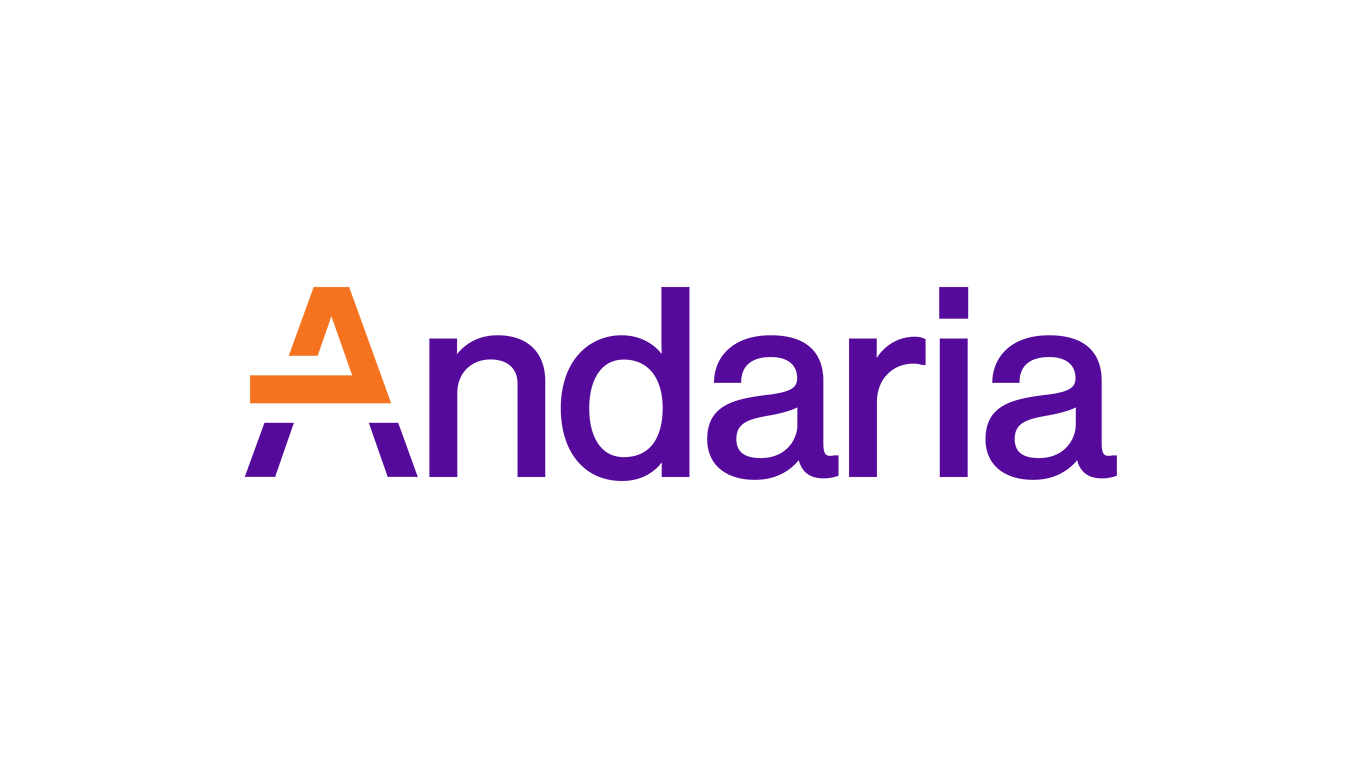
High-growth sectors of the British economy have to navigate a minefield when it comes to opening a simple business current account. In many cases, traditional banks are unable or unwilling to offer products to meet the needs of these businesses - capping their potential and their contribution to the economy.
“Companies with high-growth potential, particularly tech businesses or those with complex payment flows, can really struggle to open a current account with traditional banks. Even when those businesses are regulated entities, they are often considered too high risk, or too much of an ‘unknown quantity’ for mainstream providers.” Says Alan Smith, UK Managing Director, at fintech company Andaria, a new entrant to the UK market.
“For those who do manage to open an account, it can still be a lengthy process and result in an account setup and fees that aren’t ideal for the business. For instance, standard charges for BACS and CHAPS transfers and especially for those international payments made via SWIFT are too costly for many startups and SMEs.”
“Unlocking the growth potential of these overlooked and underserviced sectors is vital to ensure continued innovation for businesses and their customers. Companies in almost any sector can be caught in this situation but the issue particularly impacts those in the hospitality, insurance, crypto and gaming sectors. That's why Andaria has launched in the UK - to offer a more suitable and easily accessible alternative to traditional business banking providers.” He concluded.
Andaria offers a set of pre-built account packages with transparent pricing and an online application and KYB process. This allows businesses to easily get their current account up and running. They also offer tailored services and pricing for those who have more complex requirements.
Andaria’s current accounts are now available across both Europe and the UK, supported by dedicated account managers and an online self-service portal. This enables businesses of all sizes to easily manage their payments from one central hub.
Andaria is backed by a team of world-leading fintech and banking professionals. The company is a regulated e-money institute in the EU and the UK, authorised by the Malta Financial Services Authority (MFSA) and the Financial Conduct Authority (FCA) respectively.
Related News
- 06:00 am
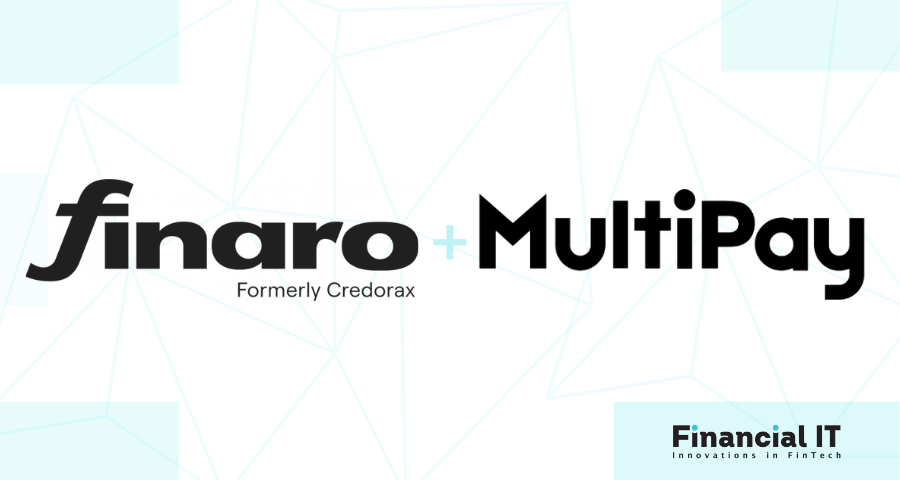
Finaro, the global cross-border payment provider and fully-licensed bank, has today announced a new strategic partnership with MultiPay, the payments company for large merchants, to boost in-store and online payment acceptance for merchants throughout the Nordics and UK.
In a move that looks to simplify the disjointed payments landscape in the Nordic and UK regions, the new partnership will enable Finaro and MultiPay to offer a unified POS solution for merchants. With Finaro acting as the acquirer for MultiPay’s certified terminals, the partnership will allow the two companies to launch a new and market-leading solution to drive in-store acceptance of international and local cards, as well as alternative payment methods including digital wallets. In addition, thanks to its new function as a payment service provider (PSP) with Finaro, MultiPay will be able to process transactions for e-commerce merchants looking for a unified solution.
In recent years, MultiPay has invested in expanding its portfolio of local and alternative payments technologies in the Nordics and UK to ensure that it can accept a variety of online, mobile and in-store payments. Thanks to its new partnership with Finaro, MultiPay will be able to boost in-store and online payment acceptance rates across a wider range of merchant verticals in these regions.
Having already disrupted the industry in the UK and across Europe by selling its own POS gateways, which integrate android solutions at the till, MultiPay will leverage Finaro’s payments and acquiring capabilities, fast onboarding capabilities, robust gateway platform, exceptional track record in boosting transaction approval rates and hyper-focused customer service.
David Maisey, Chief Executive Officer at MultiPay Global Solutions, comments: “Finaro and MultiPay’s partnership is an exciting leap forward for merchants across the Nordics and UK. Our end-to-end payment platform provides everything a retailer needs to accept any payment, via any channel, anywhere. MultiPay is one of the few international PSPs that fully covers merchants’ every need including regional important payment networks and payment methods, such as BankAxept, and increasingly popular alternative payment methods (APMs) like digital wallets and instant payments. Through this new partnership with Finaro, we are able to help merchants of every size across these regions drive growth by enabling quick and seamless transactions, no matter how their customers choose to pay.”
David Maisey adds: “At MultiPay, our heavy emphasis on innovation ensures we always endeavour to be among the first to bring new technologies and possibilities to market enabling merchants to keep pace with the ever-changing demands and requirements of their customers. Finaro is the perfect partner to provide a world-class suite of solutions for both retailers and online merchants throughout the Nordics and UK. Through this partnership we provide merchants with full control over their payments, as well as the freedom and flexibility to ensure they can continually deliver a superior customer experience.”
Achiya Fried, Chief Commercial and Strategy Officer at Finaro, comments: “It’s exciting to see our footprint in the Nordics and UK grow, and we are delighted to be partnering with MultiPay to create a better payments infrastructure for merchants in these markets. The unbeatable combination of Finaro’s payments and acquiring, and MultiPay’s flexible, forward-thinking payment processing options will create an unrivalled solution for retailers and e-commerce merchants who wish to unify their commerce through integrated platforms. With partnerships like this, Finaro is removing complexity for merchants and their customers by making payments brilliantly simple.”
Ruben Frimand Nielsen, Vice President, Sales & Business Development for the Nordics at Finaro, adds: “The partnership between Finaro and MultiPay is a market-beating collaboration, offering a ready-made suite of POS and online solutions for retailers that want to offer the full spectrum of payment options to their customers, backed by Finaro’s acquiring and gateway solutions. Together, we are creating a complete and unified solution to support the development of the Nordic and UK payments landscapes.”
Fully compliant with PCI P2PE & PCI DSS L1, MultiPay’s terminals have been rigorously tested and accredited by all major banks, helping its customers fulfil their ambitions, by supplying payment technology that grows with business needs and supports all payment channels and payment methods.
Another core benefit comes with Finaro’s super-quick onboarding process, a unique capability not offered by any other provider in the market. Provided all documentation is correct, Finaro drastically cuts the time taken for payment facilitators and their sub-merchants to start accepting card payments to between 24 and 48 hours, compared to the standard timeframe of 10-15 weeks.
Related News
- 05:00 am

Super.com, an all-in-one savings platform, has raised $85 million in debt and equity to help it build out a WeChat-like super app.
Late last year, Super.com rebranded from Snapcommerce and launched SuperCash, a cashback card that provides users the opportunity to build credit without the barriers within the traditional financial industry.
The firm has since been building out it all-in-one savings super app, providing users with discounts and savings across multiple categories. It claims over five million customers worldwide, helping them save over $150 million to date.
The company's model follows in the footsteps of so-called "super apps" widely used internationally, such as WeChat, which has user numbers in the billions.
"Super.com's diversified business model now drives savings across all facets of our customers' lives, from travel to fintech. It's great to see market excitement match our own as we rapidly build the first savings super app focused on everyday Americans," says Super.com CEO Hussein Fazal.









